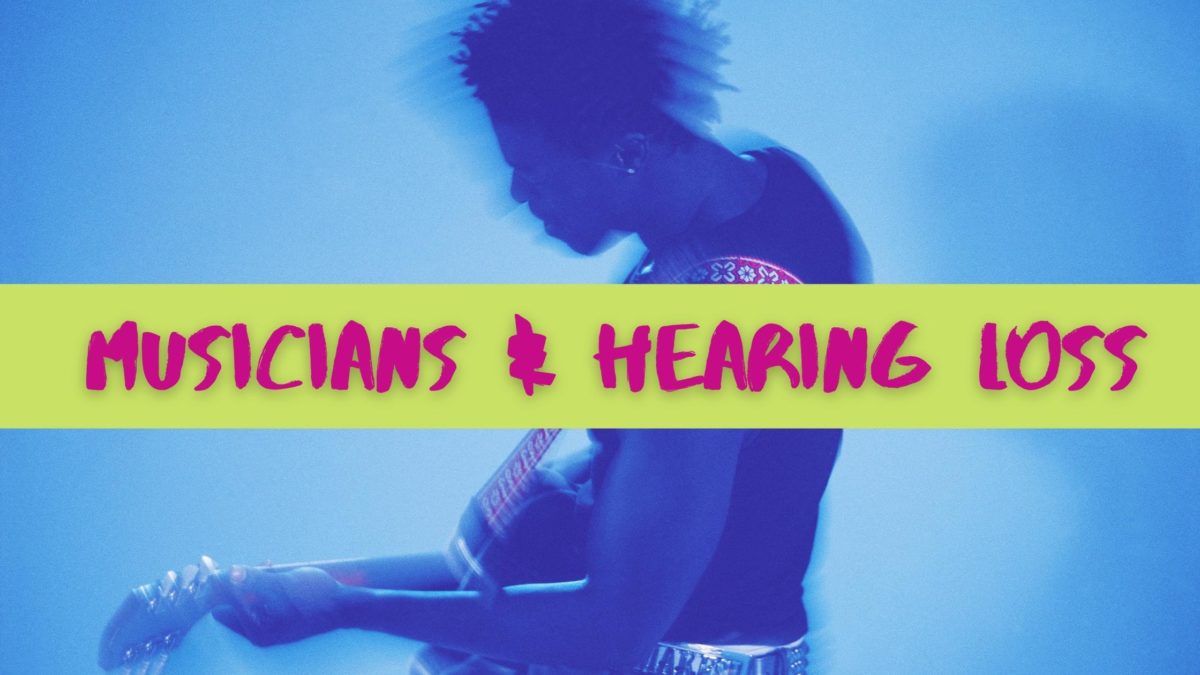
Musicians & Hearing Loss
One of the great tragedies of hearing loss is that it can have a powerful effect on those who need it most. Those who use their hearing ability to perform and listen to music cherish the ability to detect nuances of sound. They might pick up on a subtle accent in music or a fascinating frequency combination in sound design. Listening to music is only the beginning. When performing music, our ears are crucial for communication, and responding to the nuances of musical interpretation is the language musicians use to tell their stories through sound.
Without the give and take of musical expression, the process of performance becomes a monologue. Though musicians might rely on their hearing more heavily than any other occupation, they also experience the noisiest exposure. Let’s take a moment to think through the particular risks musicians experience in their lives, as well as the protection that is available. Even for those who have already experienced hearing loss, treatment can bring back the ability to take part in this beloved activity.
Risky Behavior among Musicians
When you think of a musician, many images may come to mind. Perhaps you think of one of the jazz greats blaring out a melody on a brass instrument. You might think of a rock musician playing in a local club. Perhaps you think of a rapper at an arena or festival with a DJ providing the mix. Your mind might go to a classical musician playing a dulcet tune on the violin. You might even think of an electronic musician throwing a party for a crowd of people at a dance club.
Each of these musicians is being exposed to loud sound that can cause permanent damage. Some people are surprised to learn that instrumentalists can experience this loss, even those who play relatively quiet instruments such as the violin. Indeed, the positioning of the violin and viola next to the ear can be particularly dangerous for hearing ability when practice, rehearsal, and performance add up to countless hours playing. Amplification takes the degree of noise exposure to the next level, and those who use amps, PA systems, and venue speakers to raise the volume are also raising the decibel level of sound that puts hearing at risk.
Hearing Protection in Musical Contexts
Anyone who works in a noisy environment needs to use hearing protection to preserve their hearing ability as long as possible. Take, for instance, an air traffic controller on the tarmac. This person is required to wear noise-cancelling ear muffs, and many wear an additional pair of earplugs beneath them. They use hand signals rather than their voices to communicate on the job. However, musicians can’t simply block out all the sound that causes damage. If they were to do so, ensemble performances would become impossible.
Though some advanced forms of hearing protection have intercom systems built into them for verbal communication, musicians need to use instruments, melodies, and sounds to enter into the process of performance. The latest hearing protection makes it possible to hear even these sounds while also preserving hearing ability. Custom-fitted earplugs come with a variety of filters that are suited to different listening environments. Some of them even make it possible to block out the most damaging sounds while preserving the ability to hear other musicians at the same time.
Hearing Aids and Music
Those who already have hearing loss still have hope. Hearing aids have become remarkably attuned to the needs of the wearer. They can provide amplification in the ranges that need it most while leaving other sounds in place. They can even stream or sync with Bluetooth technology to send audio directly to the ears. Much like in-ear monitors that many musicians already use on stage, these hearing aids make it possible to amplify the sound of the world in the ways that are needed while also supplying background sound, including music. If you are a musician interested in any of these technologies or services, all you need to do is contact our offices to schedule a hearing test. With those results in hand, we can help you find the right ways to protect yourself and assist your hearing when you need it.
